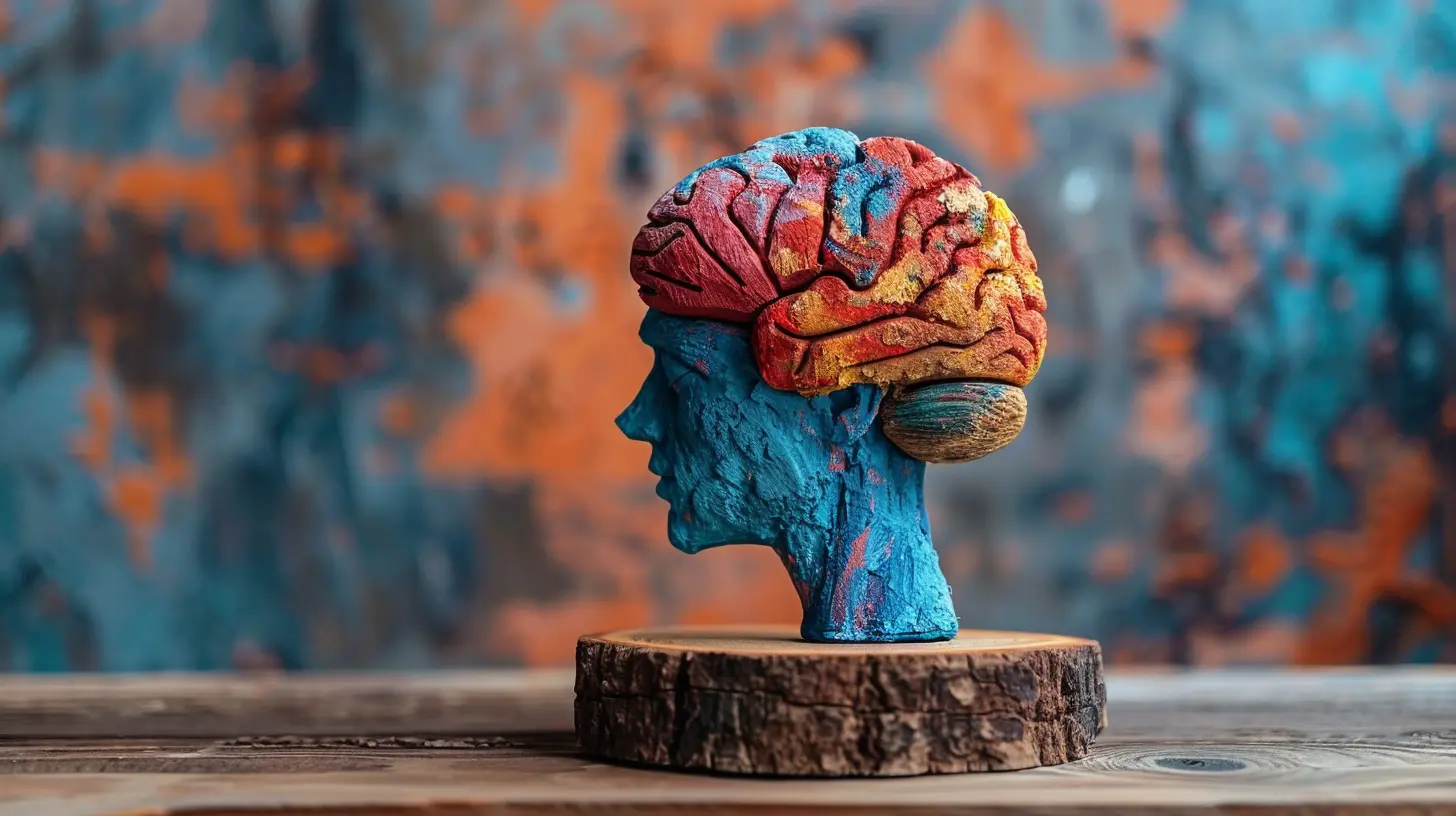Understanding the Basics of Psychological Testing: A Comprehensive Guide
8 September 2025
Psychological testing might sound like something straight out of a science fiction movie, but in reality, it’s a crucial tool used by psychologists to understand human behavior, emotions, and cognitive abilities. Whether you're curious about how these tests work or just want a better grasp of what they measure, this guide will break it all down in a simple and engaging way.
So, what exactly is psychological testing? How does it help professionals assess mental health, intelligence, and personality? Let’s dive in and uncover the essentials. 
What Is Psychological Testing?
Psychological testing, also known as psychometric testing, refers to a structured process used to measure different aspects of a person’s psychological makeup. These tests help psychologists evaluate intelligence, personality traits, emotional functioning, and even cognitive abilities.Think of it as a toolbox for the mind—each test serves a specific purpose and provides insights into how a person thinks, feels, and behaves.
Why Is Psychological Testing Important?
Ever wondered why some people excel in specific areas while others struggle? Or why therapists use certain methods to diagnose mental health conditions? Psychological testing plays a crucial role in:- Diagnosing Mental Health Disorders – Tests help identify issues like depression, anxiety, and ADHD.
- Assessing Intelligence – IQ tests measure cognitive ability and problem-solving skills.
- Evaluating Personality – Personality assessments help individuals understand their strengths, weaknesses, and tendencies.
- Career and Educational Guidance – Aptitude and career assessments help individuals find the right career path.
Psychological testing isn't about labeling someone—it's about understanding them better and helping them reach their full potential. 
Types of Psychological Tests
There are many different types of psychological tests, each designed for specific purposes. Let’s break down the most common ones.1. Intelligence Tests
IQ tests are probably the most well-known type of psychological test. They measure a person’s cognitive abilities, problem-solving skills, and reasoning capacity. The most common IQ tests include:- Wechsler Adult Intelligence Scale (WAIS) – Used for adults.
- Wechsler Intelligence Scale for Children (WISC) – Specifically designed for kids.
- Stanford-Binet Intelligence Scale – One of the oldest intelligence tests.
IQ scores don’t define intelligence completely but give a general idea of cognitive functioning.
2. Personality Tests
Ever taken a personality quiz just for fun? While those online quizzes might not be legit, real personality tests are scientifically validated and used in psychology for deeper insights. Some of the most widely used ones include:- Minnesota Multiphasic Personality Inventory (MMPI) – Used to assess psychological conditions.
- The Big Five Personality Test – Measures traits like openness, conscientiousness, extraversion, agreeableness, and neuroticism.
- Myers-Briggs Type Indicator (MBTI) – Categorizes people into 16 personality types based on cognitive functions.
These tests help in career counseling, therapy, and even workplace assessments.
3. Aptitude and Achievement Tests
These tests help measure a person’s ability to learn and their existing knowledge. They’re often used in educational and career assessments. Examples include:- SAT (Scholastic Assessment Test) – Measures college readiness.
- ACT (American College Testing) – Another common college entrance exam.
- General Aptitude Test Battery (GATB) – Used for career guidance.
If you've ever taken a standardized test, you've experienced psychological testing firsthand!
4. Neuropsychological Tests
These tests assess brain function and cognitive abilities, often used when someone has experienced a head injury or neurological disorder. Common ones include:- Wisconsin Card Sorting Test (WCST) – Evaluates cognitive flexibility and problem-solving.
- Rey-Osterrieth Complex Figure Test (ROCF) – Assesses visuospatial skills and memory.
Neuropsychologists use these tests to diagnose brain injuries, dementia, and other cognitive impairments.
5. Projective Tests
Unlike structured tests, projective tests allow individuals to interpret ambiguous stimuli. These tests reveal unconscious thoughts, emotions, and personality traits. Popular examples include:- Rorschach Inkblot Test – Involves interpreting inkblots.
- Thematic Apperception Test (TAT) – Requires individuals to create stories based on pictures.
Although less structured, these tests can uncover deep psychological insights. 
How Are Psychological Tests Administered?
Psychological testing isn’t a random process—it follows a structured approach to ensure reliability and accuracy.1. Standardized Testing Procedures
Most psychological tests are standardized, meaning they follow specific guidelines to ensure fair results. Standardization ensures that everyone taking the test is evaluated under the same conditions.2. Test Administration Methods
Psychological tests can be administered in different ways:- Self-Report Tests – Individuals answer questionnaires about their thoughts, feelings, and behaviors.
- Interview-Based Tests – A psychologist conducts an interview and evaluates responses.
- Performance-Based Tests – Individuals complete specific cognitive or motor tasks.
Each method has its strengths and is chosen based on the purpose of the assessment.
3. Scoring and Interpretation
Once a test is completed, psychologists analyze the results to draw meaningful conclusions. Scores are often compared to norm groups (a reference group of people who have taken the same test) to interpret results accurately.
Ethical Considerations in Psychological Testing
Psychological testing isn’t just about asking questions or measuring intelligence—it also comes with ethical responsibilities.1. Confidentiality and Privacy
Test results are private and should only be shared with individuals authorized to view them, such as healthcare providers or the person taking the test.2. Informed Consent
Before taking a psychological test, individuals must give informed consent, meaning they understand the purpose of the test and how the results will be used.3. Cultural Sensitivity
Not all tests are universal—some may be biased toward particular cultural backgrounds. Psychologists must ensure tests are valid and fair for diverse populations.4. Misuse of Results
Psychological tests should never be used to discriminate, judge, or stigmatize individuals. The goal is to provide valuable insights, not to label someone unfairly.Final Thoughts
Psychological testing is a powerful tool that helps us understand the human mind in ways that wouldn't be possible otherwise. Whether it’s measuring intelligence, assessing mental health, or guiding career choices, these tests play a crucial role in psychology.However, it’s important to remember that no test can fully define a person. Psychological assessments provide insights, not absolute conclusions. If you ever take a psychological test, view it as a learning experience rather than a final judgment of who you are.
Interested in learning more? If you have any questions about psychological testing, feel free to drop a comment!
all images in this post were generated using AI tools
Category:
Psychological TestingAuthor:

Ember Forbes
Discussion
rate this article
1 comments
Fatima Mercado
Informative guide on testing essentials!
October 6, 2025 at 5:04 PM

Ember Forbes
Thank you! I'm glad you found it informative!


